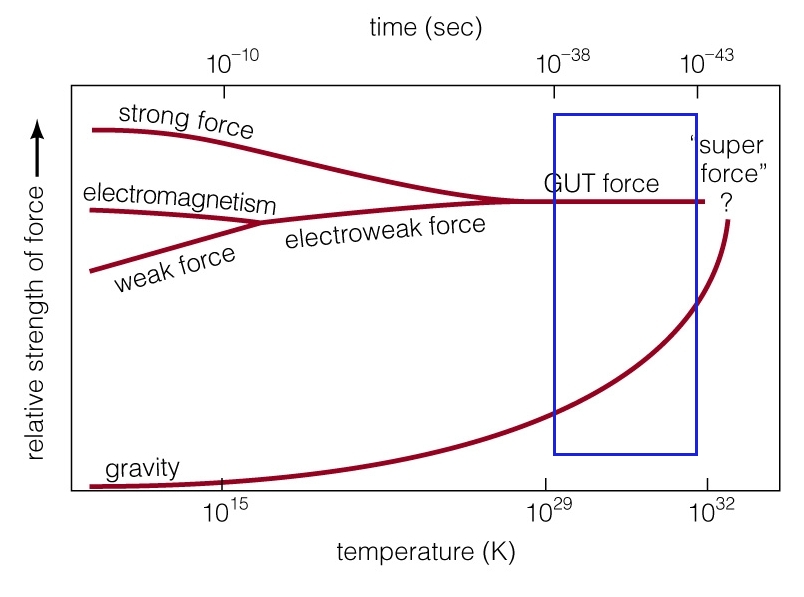I, for the first time in this thread have no idea (or at least I like to imagine I knew something of which I was talking about before). The first time I personally came across this paper was through Reasons to Believe:
Here, Hugh Ross kind of puts a line in the sand and asks:
Has one of Christianity’s core beliefs (“In the beginning God created the heavens and the earth”) just been falsified? Did the Bible get it wrong about the beginning of the universe? Is God irrelevant?
All three of those questions are rather crazy to me to even ask with this paper let alone any paper. Because the questions are even asked it lets me know that the article will seek to entirely disprove, cast doubt and debunk the article because a lot is at stake- i.e. a false dichotomy is presented that either the paper is true or the Bible/Christianity are true.
The objections are interesting.
- It is in the theoretical section of Physical Review Letters B, not the Cosmology or Astrophysics section. The implication is that it can more easily be dismissed outright as the ‘real’ papers would be published in the other two sections. We should probably let the other authors who got listed under the ‘theory’ section of that Jounal’s issue what we think of their work: Physics Letters B | Vol 741, Pages 1-328 (4 February 2015) | ScienceDirect.com by Elsevier
- This is an interesting section on the nature of Bohmian trajectories. I’d have to agree with Ross that the paper is a little silly in that their method automatically removes singularities and thus it is not really a ‘result’ that they get an infinite age of the universe because their model automatically removes the singularity (i.e. see this analysis from an early universe Cosmologist: https://physics.stackexchange.com/a/164569). However, singularities are not good and they generally are indicative that something is amiss. Other laws of Physics for example like Newton’s laws, Coulomb’s law, Ohm’s law, etc. fail to describe some aspect of reality and can end up with singularities or other anomalies. That is all the equations break down and fail to describe typically smaller things very well. My research for example regularly breaks Ohm’s law due to the fact that there simply isn’t enough space for charged particles to squeeze through nanometer sized holes. Does this mean that Ohm’s law is no longer valid? Well no, it just does not describe my system but works plenty well for many other systems. The same is true with General Relativity that predicts such a singularity. Something is wrong with the equation, as it fails to describe very small things where quantum effects are important. Here, there is a clever method to avoid that that as the authors show, this idea originally from the quantum world, can be applied to the early universe to solve an outstanding problem, i.e. the singularity. Now, many Christians and apologists don’t think that such a singularity is a problem, because it is an apologetic proof of God. And so why even bother getting rid of it from that perspective.
- This one is the most important of all and is a legitimate cause of hesitation. Most new ideas must be able to not only explain all existing phenomena/data/observations but also must make novel/new predictions that can be testable. This paper is presently outside of the realm of being testable and thus is more speculative (though could later be shown to be true), but because it is just a correction term on the equations of General Relativity, it is entirely consistent with all of those observations at least.
- This one is just shady. The article not so subtlety suggests that the paper is tied to the New Age and thus what is a lay-Christian to do? Hate it. Despise it. Shun it. The guys are New Age physicists anyways so to ‘gehenna’ with their paper.
I’d have to agree with you, especially from a Genesis 1 perspective. My apologies if this went a strange turn but I think that it is interesting how being tied to certain theological conclusions can cause many to reject legitimate scientific research. But this being highly speculative I think we ought to have pause on such ideas as the paper has 22 citations since 2015. For comparison, a paper I was a coauthor for published around the same time got 16 citations or so- that paper that we wrote though was hardly ground breaking so I’ll stick to my curiosity with some reservation about such papers I think for now.

